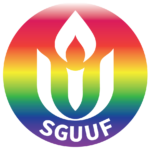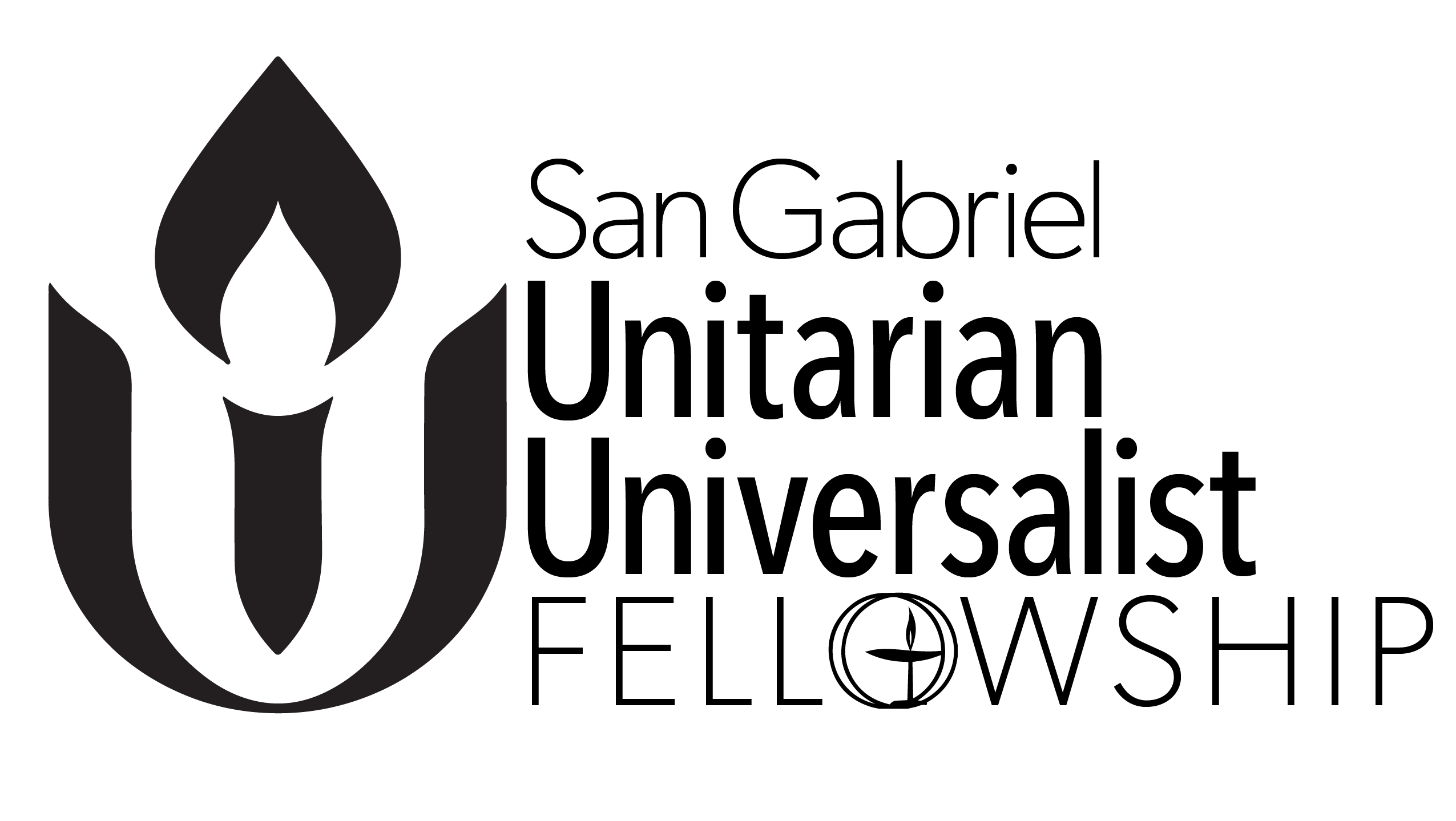Rev. Lou Snead will pose this question for our consideration in the context of the dominance of today’s scientific worldview and its implications for people of faith. He begins with the observation that modern people since the turn of the 20th century have been rapidly traveling two roads in our understanding of reality. One road is marked out by a revolution in our understanding of nature and the other road is marked by new understandings of history.
Unlike pre-modern experience that claimed both nature and human history are shaped and determined by God or some cosmic power, the modern worldview holds that nature reflects purposeful processes and constant conditions that are accessible to the human reason and predictable in what we call “science”. Likewise, history is now seen as an evolutionary process taking place over time wherein human autonomy is no longer controlled by some transcendent power.
These twin conceptions about reality have resulted in a growing number of people in the last 150 years who find the ancient appeals to the idea of a transcendent God to be neither credible nor relevant to our living in the world today. His reflection on this issue will invite us to explore the experience of transcendence that has stood at the heart of many religions and its spiritual relevance for today.

